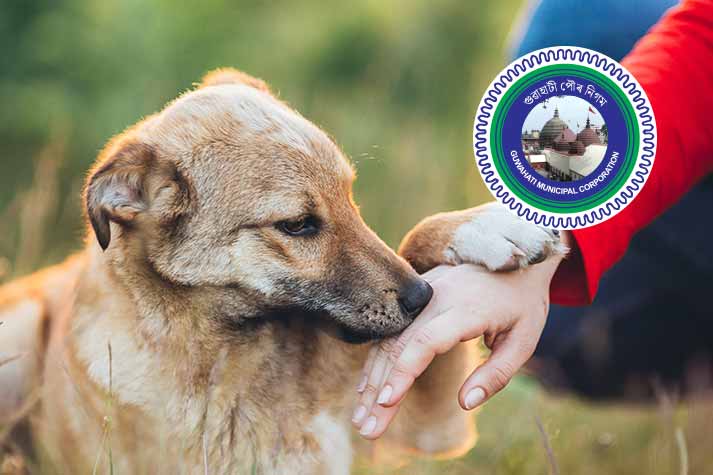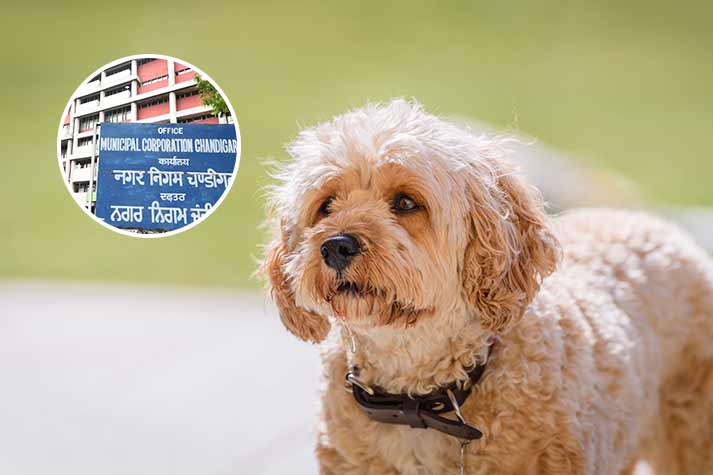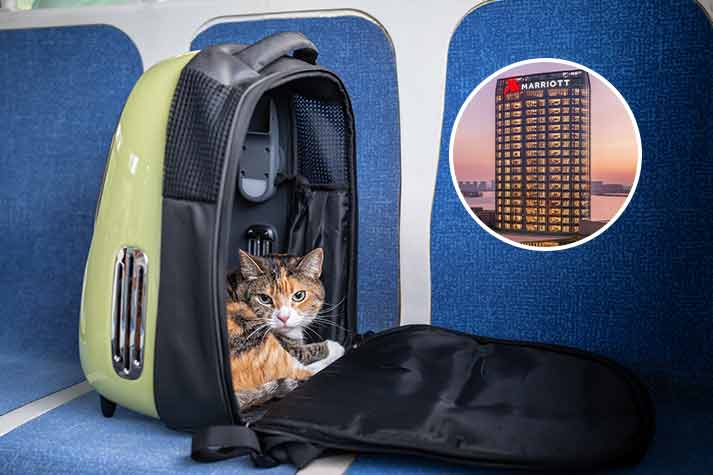
30 Oct
Guwahati launches Project Sahajeevan for human-animal coexistence
Guwahati: The Guwahati Municipal Corporation (GMC) has rolled out “Project Sahajeevan”, an initiative to promote peaceful and sustainable coexistence between humans and animals in the growing city of Guwahati. With urban expansion increasingly overlapping wildlife habitat and stray animal zones, the project seeks to reduce conflict, improve welfare, and foster a community mindset that respects all living beings.
Under Project Sahajeevan, GMC plans multiple interventions:
- Awareness campaigns aimed at residents, schools and community groups to sensitise people about human-animal interactions, animal behaviour, reporting stray or injured animals, and responsible waste or disposal practices.
- Better waste management programs to reduce conditions that encourage animals, both stray and wild, to forage in human-dominated spaces. This includes collaboration with NGOs and the forest/wildlife department to identify problem zones.
- Rescue and rehabilitation efforts conducted in conjunction with wildlife authorities and animal-welfare groups, to ensure animals found in conflict situations or injured are handled properly and returned to safe conditions.
Guwahati’s high density and rapid growth have raised both environmental and safety concerns: human-animal conflicts, stray animals breeding unchecked, and waste attracting roaming animals. Project Shajeevan is designed as a multifaceted approach that addresses these concerns from both human behaviour and municipal infrastructure sides.
By emphasizing community participation, the GMC hopes to build a broad base of support: citizens who recognise feeding or dumping waste becomes a driver of stray animal presence; schools and youth groups who become ambassadors for humane treatment; and local bodies that partner in mapping high-risk zones and implementing solutions.
Project Sahajeevan also ties into larger policy trends around urban biodiversity, sustainability and humane animal management. For instance, improving waste segregation at source, already a flagship of GMC in its “Sikun Guwahati, Mor Guwahati” campaign, plays a key role in reducing attractants for stray animals.
In practical terms, residents of Guwahati can expect; notices and outreach programs in their wards, changes to how and when waste is collected or managed, possibly new designated shelter or feeding management zones for community/stray animals, and enhanced mechanisms to report incidents of conflict. For the municipal body, the project marks a shift from reactive to proactive animal-management strategy, aiming to reduce incidents before they occur.
As urban living spaces grow and overlap with natural habitats, initiatives like Project Sahajeevan represent an effort at balance: human safety and hygiene, animal welfare, and public sensibility. The GMC has said that success will depend heavily on community cooperation.





AUTHOR’S BIO
Carry My Pet
Passionate pet enthusiasts and globetrotters, dedicated to easing furry friends' journeys worldwide. Penning tales of compassion at CarryMyPet, where every relocation is a tail-wagging adventure.